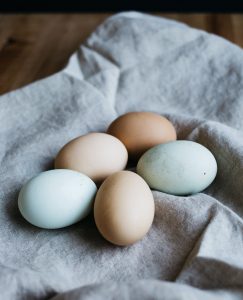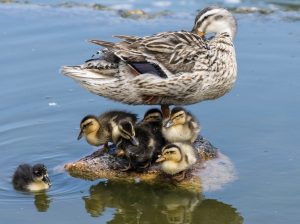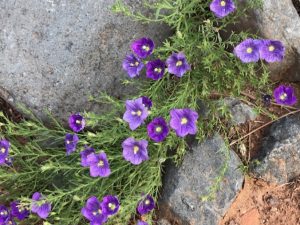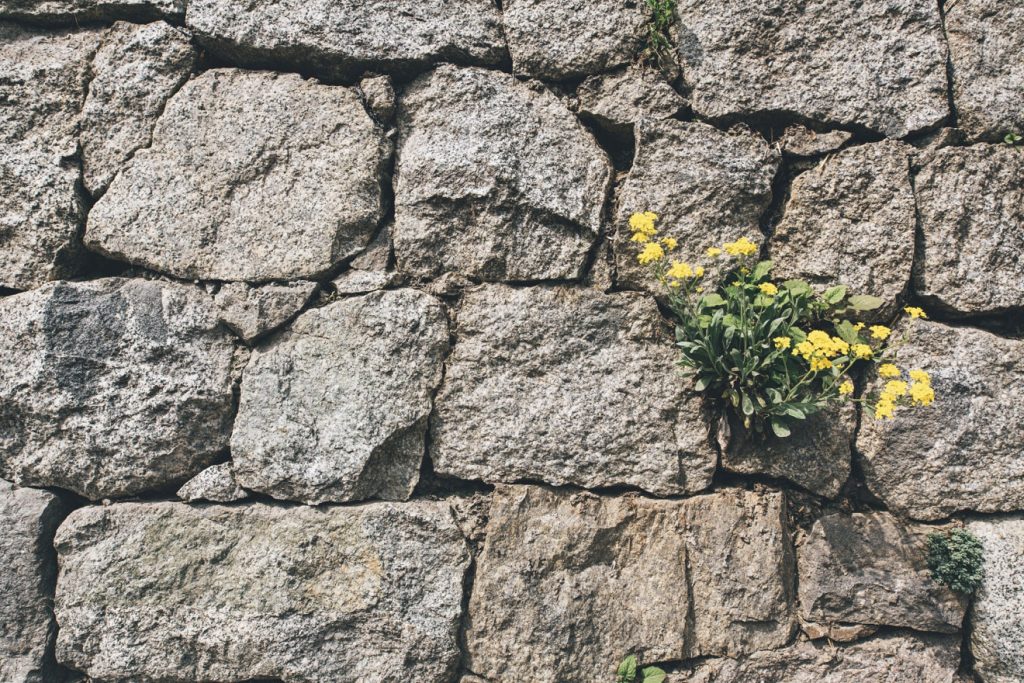“Growth is a tender and delicate thing, dependent on the conditions and actions surrounding the growing plant, animal, or person.”
We think of growing as happening naturally. “It is the most natural thing in the world,” we say. However, it is not necessarily easy. I once made the horrible mistake of helping a duckling just beginning to emerge from its shell to break part of the shell away. I didn’t realize that the struggle of breaking through the shell was part of what strengthened its lungs to meet the challenge of regular breathing. Unfortunately, the duckling did not survive. This was an acutely painful lesson in the value of struggle. Even if we don’t yet understand the reason for struggle, it may be serving an important purpose in our future growth. I believe the struggles we go through when we Steer Through our personal storms in life help us to grow.

I think there are three important elements necessary when it comes to growth. We need the right conditions, the right actions, and in humans we need the right mindset.
When I lived on the top of a mountain near Yosemite National Park in California, I learned a lot about the right conditions necessary for duck eggs to hatch. I was given a gift of a pair of ducks for the small pond that was in front of my house. Shortly after I received this gift nature took its course and the female duck had made a nest and was sitting on a number of eggs.
She chose an out of the way place to avoid as many predators as possible, and she feathered her nest with soft warming fibers. She also spent massive amounts of time on the nest to keep her eggs warm. Occasionally she would nudge the eggs to change their position. Later I learned that this was a key skill to keep the eggs developing properly. So, safety, warmth, and a supportive relationship were the conditions necessary for the eggs to develop.
The mother duck had critical actions to carry out in order for her to become a successful mother. She needed perseverance, attention to detail, and she needed to have courage to stay on the nest even with increased vulnerability to predators. Clearly, she also had to be willing to tolerate being out of her normal comfort zone to care for her eggs. If any of these conditions weren’t met or the actions not performed the eggs might not develop.

There are lessons here to be learned for our own growth. Safety is one of the conditions which must be present for we humans to move out of our comfort zone to our stretch zone in order to grow. Growth only happens in the stretch zone, not the comfort zone. When we are met with life’s challenges it is possible to meet them by facing them directly and Steering Through them. We discussed this in detail in my first article which talked about the first two phases of my Model of Radical Resilience. This article is focused on the third phase in the model—Grow.
Growth is a tender and delicate thing, dependent on the conditions and actions surrounding the growing plant, animal, or person. The mother duck in my story provided the best conditions and performed the critical actions faithfully and repeatedly in order for her eggs to hatch. She demonstrated perseverance throughout the time on her nest. Perseverance, one of the ten Radical Resilience Skills, is a crucial skill to act on for growth. It is a skill, that when practiced by us, will be more readily available in the hardest of times. The flowers below managed to force their way up from under a heavy rock. They found a path that led them to the light so they could bloom. I believe that perseverance is exactly like this.

I want to examine another of the skills, Reframing. Our beliefs are our single best point of power. I will draw from Shakespeare’s Hamlet in which it is said: “There is nothing either good or bad but thinking makes it so.”
Having a growth mindset will aid us after going through trauma or adversity.
If we have worked actively to Steer Through the trauma, practicing all the Radical Resilience Skills, we can then reflect on our progress and the rewards of our practice. Carol Dweck, a growth mindset researcher, tells us that with a growth mindset we will focus on what we can learn from our mistakes and value the effort that went into moving forward rather than looking at our failures.
Too often we rely on the talent that we have been born with to carry us through the challenges in life. This is just one of our resources. Learning and effort are two other resources upon which to draw. Perhaps they are the biggest two because they can grow once we decide to expand them.
Look for the third article in a three-part series on building resilience coming soon.
REFERENCES
Dweck, Carol S., (2016), Mindset: The New Psychology of Success, Random House LLC, New York
Scannell, Dr. Alice Updike, (2017). Radical Resilience: When There’s No Going Back to The Way Things Were, A. Beekman Updike, Portland, OR
Author: Kathryn VanBoskirk, LCSW
email: kvb.communityenhancementproject@gmail.com
